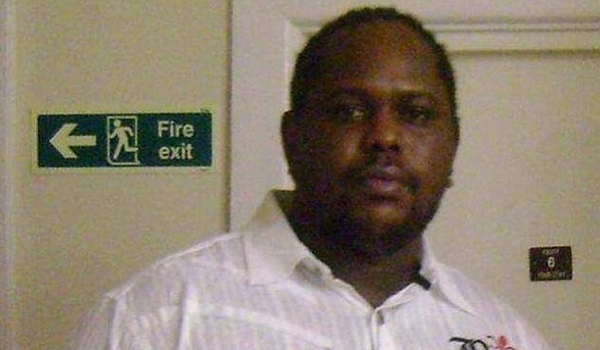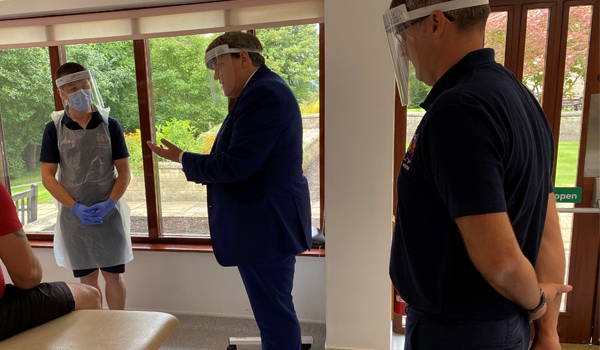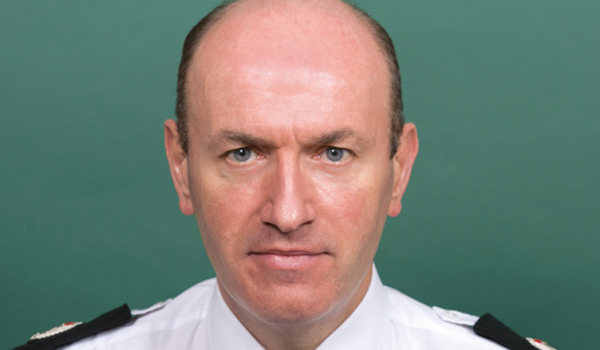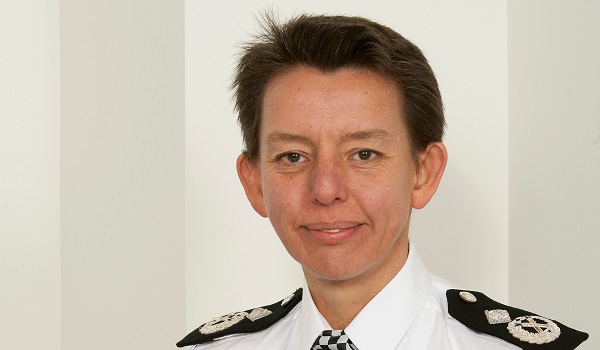Police restraint of mentally ill man contributed to death, inquest jury finds
The use of restraints by police on a mentally ill man was “inappropriate” and contributed to his death, an inquest jury has found.
Kevin Clarke, a relapsing paranoid schizophrenic, died in police custody at Lewisham Hospital in 2018 following an incident in the Polsted Road area of Catford, south-east London.
An inquest at Southwark Coroner’s Court heard that the 35-year-old told officers “I’m going to die” as he was put into handcuffs, due to his size, but was “ignored” and then lost consciousness as he was taken to an ambulance.
Returning a narrative conclusion on Friday after five days of deliberations, an inquest jury concluded that the decision to use restraints on Mr Clarke was “inappropriate”.
The jury said the use of restraints “probably more than minimally or trivially” contributed to his death, adding it was inappropriate as it was not considered in view of the risk to the police and the public.
Jurors said: “It is highly likely that at least one officer heard Mr Clarke say ‘I can’t breathe’, on one of the occasions he repeated it.
“Despite this, no action was taken other than one officer saying ‘you’ve got to breathe, you’ve got to breathe, breathe, deep breaths’.
“Failure to remove restraints at this point was contrary to guidance and training.”
Mr Clarke had been living at the Jigsaw Project, a residential support service, for about two years up until his death in hospital on March 9, 2018.
He had been seen by officers earlier that day, but was not sectioned despite concerns from staff at Jigsaw.
Police were called again later in the day and Mr Clarke was found lying on the ground at the edge of a school playing field.
An ambulance was called after the situation was deemed “a medical emergency”, and Mr Clarke was placed in two sets of handcuffs – linked together due to his size – along with leg restraints.
Pc Lee Pidgeon, who was one of several officers at the scene, told the inquest Mr Clarke had begun to get “a bit fidgety” and the use of handcuffs to restrain him was appropriate as he was showing signs of acute behavioural disorder.
In body-worn camera footage, Mr Clarke could be heard groaning, saying “I can’t breathe” and “I’m going to die”.
When asked by coroner Andrew Harris why Mr Clarke was “ignored” by the officers in attendance, Pc Pidgeon replied: “I cannot answer that, sir, I don’t know.”
The London Ambulance Service (LAS) has already admitted its crew failed to conduct a “complete clinical assessment” of Mr Clarke on arrival.
This amounted to a “failure to provide basic medical care”, which an inquest jury said possibly contributed to his death.
The cause of his death was given as “acute behavioural disturbance, in a relapse of schizophrenia, leading to exhaustion and cardiac arrest, contributed to by restraint, struggle and being walked”.
Leslie Thomas, family counsel, said it was “blatantly apparent” Mr Clarke was having difficulty breathing and the force used by police was “completely disproportionate”.
He said the way officers moved Mr Clarke put him at risk, adding: “[An officer] keeps his head down and his torso is bent forward.
“You ran the risk that Kevin’s breathing was being compromised.”
PC John Buckingham said Mr Clarke was placed in limb restraints “so that he wouldn’t further hurt himself, myself or my colleagues in the immediate area”.
Paying tribute to her first-born child, Wendy Clarke described Mr Clarke as a “friendly, gentle giant” and said he had once told her “I’m a lover, not a fighter”.
She added: “Kevin had told me that he feared the police because they had in the past mistreated and Tasered him.”
Responding to the verdict, Metropolitan Police Service Commander Bas Javid said: “Firstly our thoughts and sympathies are of course with Mr Clarke’s family and friends at this very difficult time. His death was a tragedy and on behalf of the Metropolitan Police Service, I apologise for the failings as identified by the jury.
“The officers who attended that day found themselves in a very difficult situation dealing with a man undergoing a mental health crisis who clearly needed urgent medical care. They made a rapid assessment and within 90 seconds had called for an ambulance.
“The Metropolitan Police Service is a learning organisation and we always strive to learn and improve. We continually review our policies in line with national guidance around restraint as well as how we assist those in mental health crisis.
“The jury has made several observations about how those officers dealt with Mr Clarke. Now we need to carefully consider those observations. We will work with colleagues nationally to consider our training and guidance to officers in dealing with these kinds of fast paced and challenging incidents. We will also in due course examine any further comments and reports by the coroner.”







